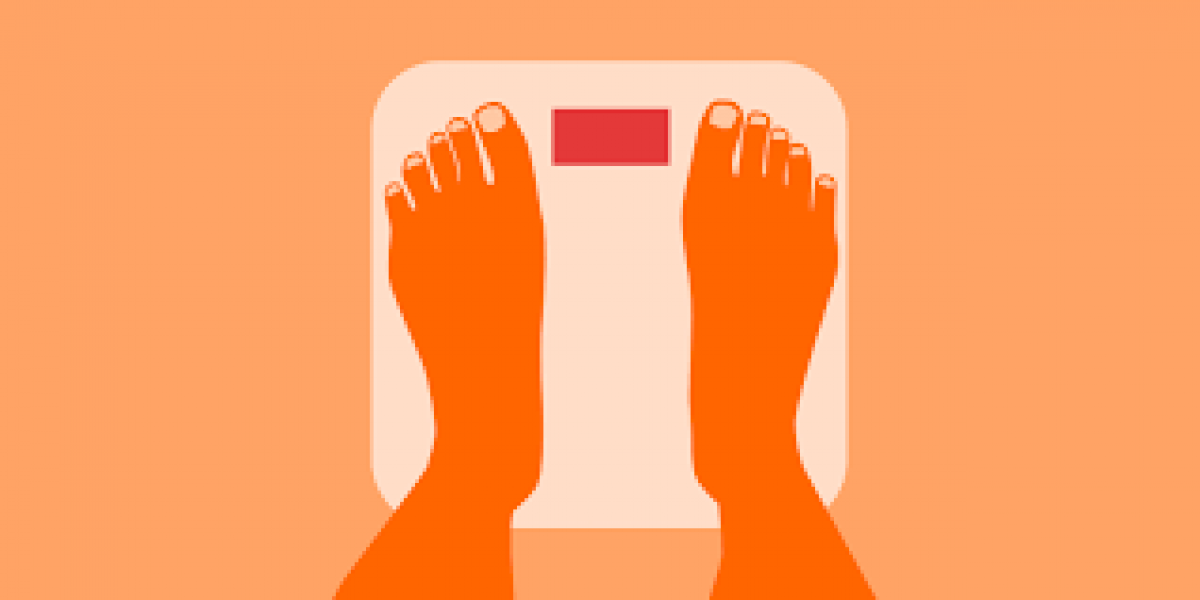
Various types of birth control are used by millions of women to avoid pregnancy. The effectiveness of yours is influenced by a number of factors (like whether or not you use it as instructed, and we do mean every single time). But did you know that your weight and BMI, especially if you’re taking a combination oral contraceptive (like the Pill), might alter how safe and reliable it is? If you have severe obesity, it’s best to talk to your healthcare provider and consider visiting a weight loss surgeon before taking any birth control pills.
Here, we look at how fat affects contraception and which birth control options are best for women of all sizes.
What Is BMI?
BMI is a measurement of height and weight that is used to determine health risks by dividing people into four groups: underweight, healthy weight, overweight, and obese. Obesity is defined as a having a BMI of 30 or higher. BMI is a popular measurement since it’s simple and free, and it can be performed in a doctor’s office without the use of any special equipment. However, the BMI concept has come under fire in recent years due to its inability to distinguish between body fat and muscle, as well as the fact that having an overweight or obese BMI does not imply that a person is sick.
Can High BMI Make Birth Control Less Effective?
Maybe—there’s a lot of conflicting (and sparse) research on BMI and birth control. According to a study published in the Cochrane Database of Systematic Reviews, there is no link between BMI or weight and hormonal contraceptive effectiveness. Other research, on the other hand, suggests the reverse. Some (but not all) combination oral contraceptives, a.k.a. the Pill, may be less effective among obese women, according to a study published in the International Journal of Women’s Health. The study isn’t conclusive, but given the dangers of an unwanted pregnancy, it’s worth considering.
Weight May Affect How the Pill Absorbs in Your Body
Progestin and estrogen are both present in combination birth control pills, however, progestin is the active ingredient. The distribution of various progestins in the body is weight-dependent. Oral progestin may not be effectively absorbed, metabolized, or distributed in obese women, reducing its effectiveness. Many mysteries remain, but researchers do know that obesity can lead to physiological and metabolic changes that affect how drugs are distributed and cleared out of the body.
Not All Progestins Break Down in the Same Way
Progestin is a man-made (synthetic) hormone that mimics the body’s natural progesterone hormone (made in your ovaries). Depending on where you are in your cycle, progesterone increases egg production or decreases egg creation. A monthly dose of progestin disrupts this cycle by preventing sperm from going up the fallopian tubes by interfering with ovulation and thickening vaginal mucus. Drospirenone, levonorgestrel, norethindrone acetate, and norgestimate are examples of progestins found in combo tablets. Some are weight-dependent, such as levonorgestrel (in Plan B), whereas others are not.
Are Oral Contraceptives a No-Go For Obese People?
Obese women should take a hormone pill with a larger concentration of hormones. For larger body types, this may deliver a more sufficient dosage and be more effective. It is also advised that this population avoid very low-dose combination medications, which may be less effective. Some experts also recommend that obese women take the Pill constantly, bypassing placebos and starting on the first active pill of the fresh pack right away, avoiding the time when your body isn’t receiving progestin. When you’re between packs, this guarantees that you’re protected.
What About Emergency Contraception?
There have been warnings for years that emergency contraception, usually referred to as Plan B, does not function as effectively in obese women. Although the evidence is limited (and not especially conclusive), a study published in Contraceptive found that obese women who use levonorgestrel emergency contraception pills have a higher chance of pregnancy. They also discovered a slight but statistically insignificant risk of pregnancy in obese women who used ulipristal acetate emergency contraceptive pills (a.k.a., Ulipristal, which is prescription only).
Are There Any Serious Health Risks To Consider?
An adverse effect of additional, higher quantities of estrogen in combination with hormonal birth control is an increased risk of blood clots. Because obesity is already linked to a higher risk of blood clots, that risk is higher in obese persons than in non-obese people. As a result, the developers of the Patch, which exposes you to around 60% more estrogen than a typical birth control pill, advise anyone with a BMI of 30 or above to avoid using this method of contraception due to an increased risk of blood clots.